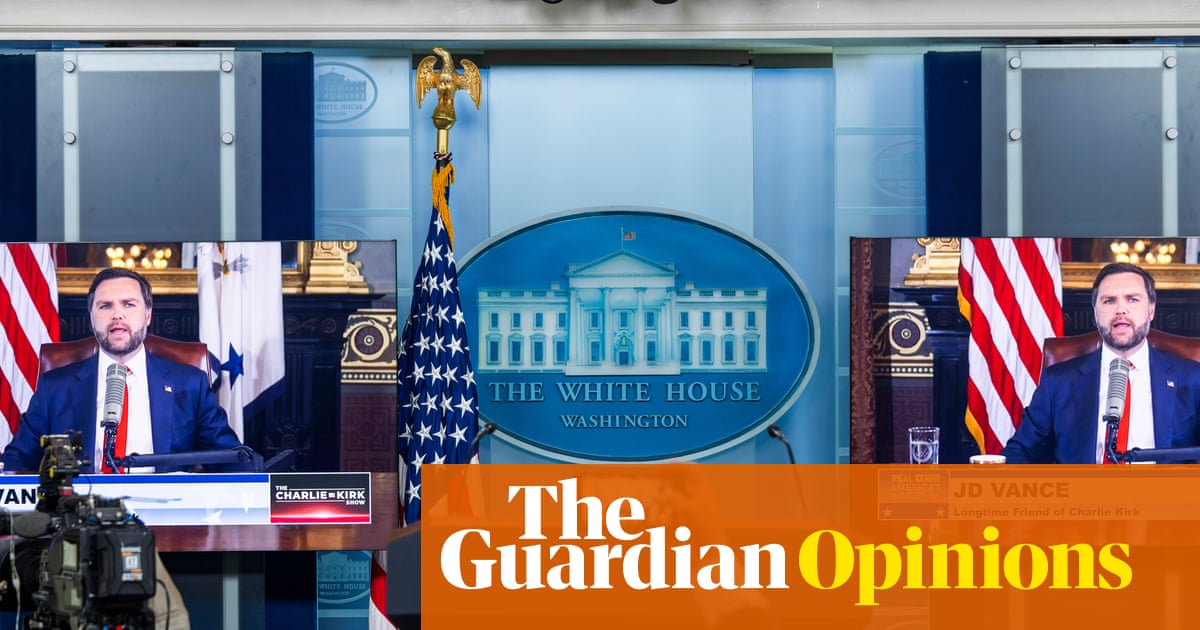
"The public response to the murder of Charlie Kirk in cold blood, has revealed how drastically our democracy our belief in the importance of free speech and in the irreplaceable life of each and every individual has deteriorated over the last half century. I was a senior in high school when John F Kennedy was assassinated, and a senior in college when Robert F Kennedy and Martin Luther King were killed."
"Plenty of conspiracy theories, some of which have never been put to rest, were floated and debated. But the difference between what happened then and what we are seeing now is that, in the aftermath of those violent deaths, there was a sense of shared grief, of national mourning. Those tragedies seemed to bring us, as a country, closer together in our shock and sorrow."
"Obviously, that's quite unlike what is occurring today, when our president has publicly declared that he couldn't care less about healing the divisions plaguing and weakening our society. The instinctive and widespread response to Charlie Kirk's death has been to demonize and blame a perceived enemy. Donald Trump, Stephen Miller and their minions were quick to accuse the lunatic radical left. Despite the emerging evidence, they seem unwilling to amend their version of what happened."
"I'll admit that, on hearing the news, my first thought was that the Maga movement had orchestrated the killing to distract us from the Epstein files, or that this was the modern-day equivalent of the 1933 Reichstag fire, which occurred when the German parliament building was torched, and the National Socialists blamed the communists, and used the event as a pretext for suspending civil liberties and installing an authoritarian regime."
Public response to Charlie Kirk's murder revealed a sharp deterioration in democratic norms, respect for free speech, and the valuing of individual life over the past fifty years. Historical assassinations once produced shared grief and national mourning that brought the country closer together. Contemporary reactions instead amplified partisan division, with leaders and activists quick to blame perceived enemies and maintain fixed narratives despite emerging evidence. Initial speculation included theories of orchestrated attacks or false-flag analogies to historical events. The suspected killer's motives remain unclear, and early details suggest unexpected personal and political background elements.
Read at www.theguardian.com
Unable to calculate read time
Collection
[
|
...
]